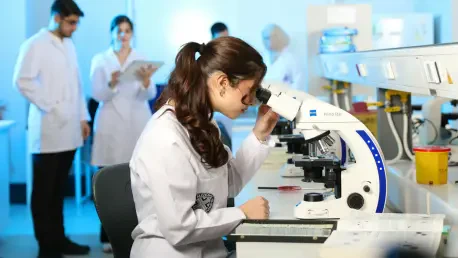
Amidst rising global environmental challenges, the world is beginning to recognize synthetic biology as a pivotal tool in biodiversity conservation. This change marks significant progress within the Convention on Biological Diversity (CBD) framework, which originally viewed biotechnological
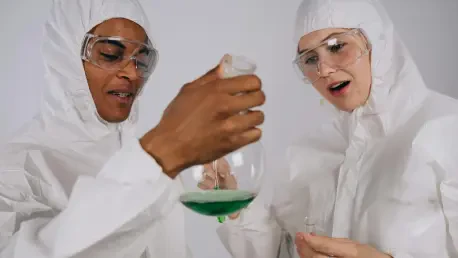
In the rapidly evolving field of bioengineering, collaboration stands at the forefront, driving transformative advancements that hold the potential to address significant health and environmental challenges. Bioengineering, or biomedical engineering, combines engineering principles with biological
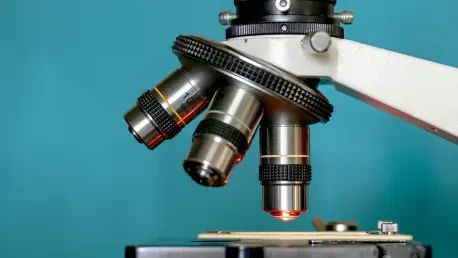
The biotechnology market has been on a notable growth trajectory, showing substantial expansion as it forges new paths to transform medicine, agriculture, and industrial processes. Predictions indicate that it is set to grow at a compound annual growth rate of between 13% and 15% through 2027.
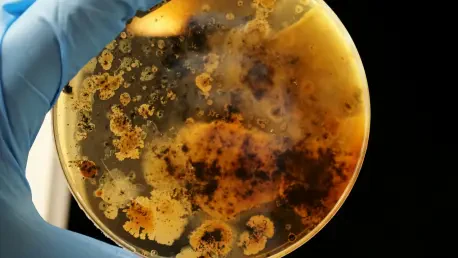
The transformative impact of technology on synthetic biology has become a focal point in scientific discourse, driving rapid advancements in DNA and mRNA synthesis. The central theme revolves around strategies to bypass traditional barriers to expedite scientific progress, which is crucial in the

Recent advancements in multi-directional collagen tissue engineering are promising to redefine the future of bioengineering and regenerative medicine. Collagen, a cornerstone protein in the human body, is essential for maintaining structural integrity and mechanical strength in various tissues.
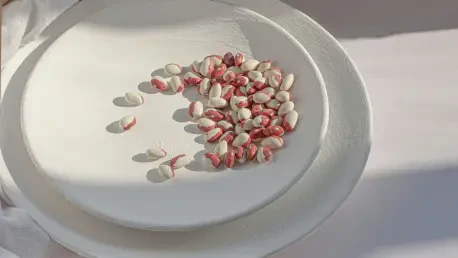
The synergy of synthetic biology and 3D printing technology has created a significant shift in food production, promising a profound impact on both industry practices and consumer experiences. By transforming the way meals are created and consumed, this blend of technology offers potential